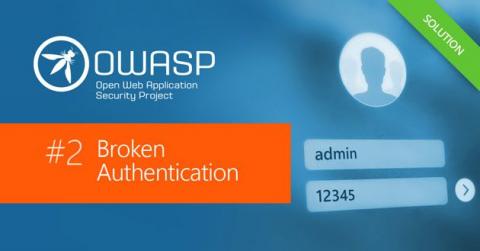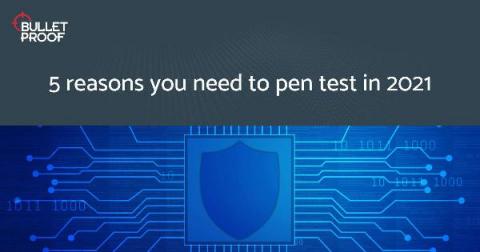Docker for Node.js developers: 5 things you need to know not to fail your security
Docker is totalling up to over 50 billion downloads of container images. With millions of applications available on Docker Hub, container-based applications are popular and make an easy way to consume and publish applications. That being said, the naive way of building your own Docker Node.js web applications may come with many security risks. So, how do we make security an essential part of Docker for Node.js developers?









